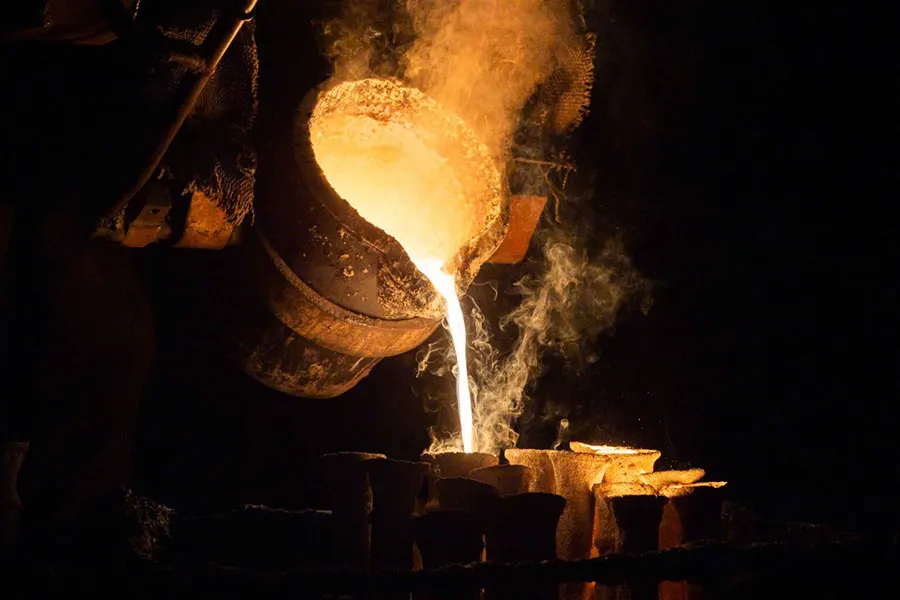BHP remains upbeat about its relationship with China, with iron ore contract talks reportedly progressing as part of the miner’s regular business cycle.
“We’re in a commercial negotiation,” BHP chair Ross McEwan told Wall Street Journal. “That’s it. We do it every year.”
The discussions, focused on pricing and the use of yuan in some transactions, have attracted attention amid reports of delays. But BHP leaders said negotiations are running smoothly and that demand for the company’s iron ore remains strong.
Iron ore contributes more than half of BHP’s earnings and underpins its long-term partnership with China, the world’s largest commodities buyer.
“We’ve continued to sell our product,” BHP chief executive officer Mike Henry said. “Of course, from time to time, you’re going to find that commercial negotiations are more protracted, or there’ll be more back and forth along the way.”
McEwan said that some past negotiations with China have taken up to six months, stating current talks are constructive and in line with normal practice.
“Iron ore contract talks are commercial, not political,” McEwan said. “We have a pretty good working relationship.”
Beyond iron ore, McEwan said BHP is watching the growing global competition for critical minerals with interest as the US and China vie for supply chain control.
“You’ve got two very, very powerful nations just flexing their muscles,” McEwan told Reuters. “It’s not the first time this has happened.”
The remarks come shortly after US President Donald Trump and Australian Prime Minister Anthony Albanese signed a critical minerals agreement aimed at countering China’s dominance in the sector.
“I think it’s a little bit early to actually see the outcomes of what we see as a good meeting between the Prime Minister of Australia and the President of the United States,” McEwan said. “But I think it was a very good meeting to start those conversations.”
BHP, a major producer of copper, iron ore, steelmaking coal, and soon potash, continues to focus on core markets rather than niche critical minerals. Henry said Australia’s strategic position is supporting US supply chain diversification.
“I was impressed on just how fierce the focus is in the US on getting more … mines and processing facilities up and going,” Henry said.
Partnering with Rio Tinto, BHP is planning the Resolution copper mine in Arizona, which could supply a quarter of US copper demand.
Domestically, McEwan and Henry said BHP will continue to focus on strengthening its Australian operations while remaining alert to acquisition opportunities, from major deals to smaller “tuck-ins” that leverage existing infrastructure.
“Join the companies that smart energy professionals follow – because when you’re featured on OGV, the industry pays attention.”










